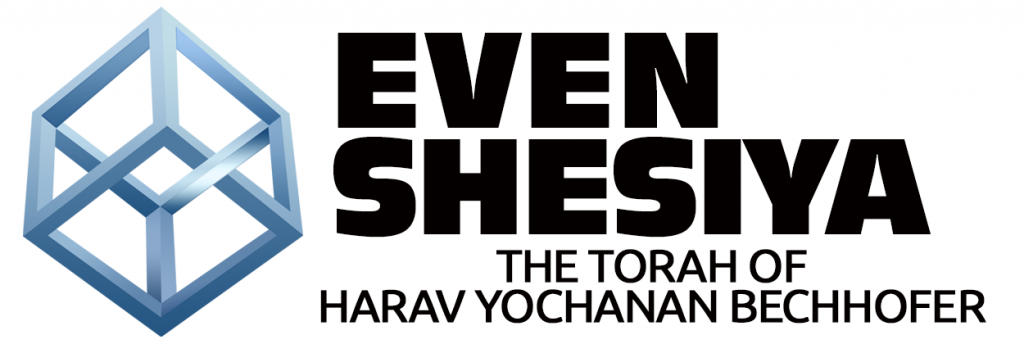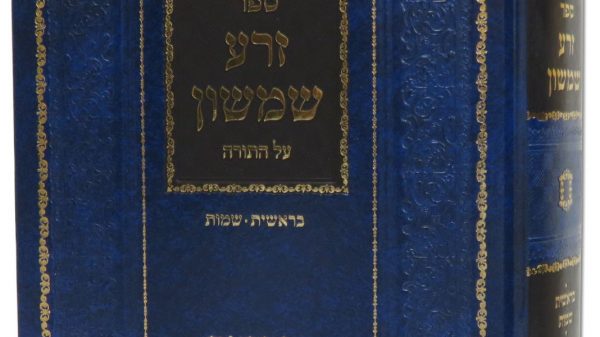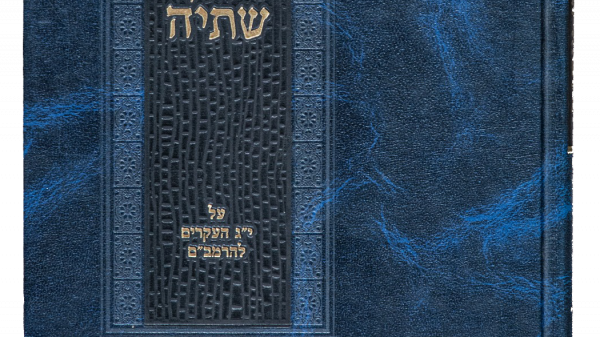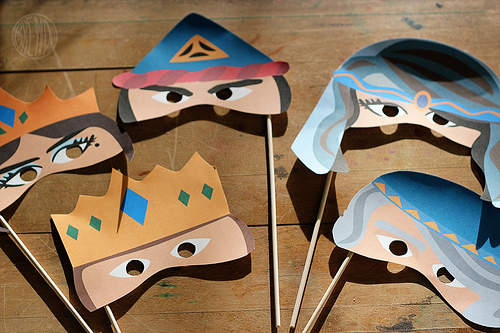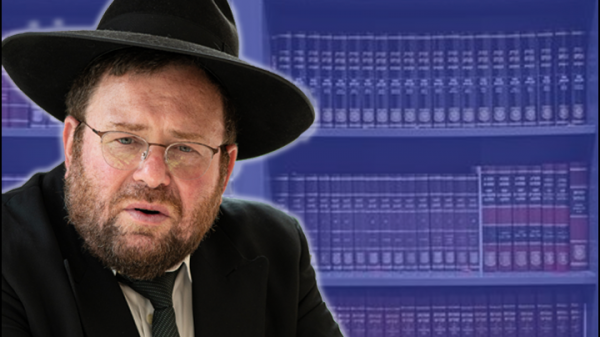Vayetzei : A Tale of Two Mothers and Two Kings
Click here to download PDF
Rachel vs Leah
In this week’s Parsha we have story of Yaakov finding his two wives, our matriarchs, Rachel and Leah. Although they came from the same home, they became Yaakov’s wives in very different ways. Rachel was the wife he was seeking, and the wife he worked so hard to get. Leah was the wife he ‘just got’, unexpectedly. This pattern continues with their pregnancies. Leah seemingly effortlessly is able to immediately conceive and bear children. Rachel is Barren and only through much toil and tearful prayer is finally able to conceive and give birth.
Praise vs Thanks
This pattern continues to the next generation, but in a more extreme way. Rachel has a son Yosef who is the final fruits of years of yearning, tears, and prayer. She simply states “Hashem has removed my shame” this is praise, but it is not thanks. Leah, upon having her fourth child, says “this time I thank Hashem”. Rashi explains that this was because a fourth child was even more unexpected. She saw in Prophecy that Yaakov would have four wives and twelve tribes. A ‘fair division’ would have been three children per wife. With Yehuda, her fourth, she got more than her ‘fair share’. Even for someone accustomed to unexpected success, this was really unexpected, and for this she is grateful! What about her first three children? More than that, Chazal tell us that Leah was the first one in history (!) to give thanks to Hashem! What about Noach? Avraham Avinu? All the tzadikim that walked the earth before Leah’s time? Can we imagine that they were ungrateful? They offered sacrifices! Why is that not ‘thanksgiving’?
Yosef vs Yehuda
The patterns of the lives of Rachel and Leah are reflected in these two children of theirs. Yosef, Rachel’s son, works hard and actually succeeds at whatever he sets his mind to. He is a story of ‘toil and success’. However, he never gets the recognition one would think he deserves for all his struggle and success. He is always in ‘second place’! In the house of Potiphar, he runs the household but he isn’t master of the household. In jail, he runs everything but is not the warden. While ruling Egypt singlehandedly, he is still not pharaoh. As a king of the Jewish people, he is not the final and ultimate King from the line of David who comes from his competitor, Yehuda.
Yehuda ‘finds success’ even in his failures! He was the one who made the ‘unfortunate decision’ to sell Yosef. At the time, that decision cost him his position amongst his brothers! However that decision caused Yosef to become second in command in Egypt and insure the survival of the Jewish people! Subsequently, he seemingly ‘succumbed to sin’ but unbeknownst to him he actually did the Mitzvah of ‘Yibum’ as was practiced before the giving of the Torah, and from that union he created the blood line from which Moshiach ben David comes! How do we understand this? We don’t! But we will explain….
Admission & True Thanks
Yehuda has something in common with his mother. He gives admission. Admission is to confess to what you could have easily concealed. In Hebrew, the word for thanks and the word of admission is the same word, “Hoda’ah”! Why is this? The Torah’s notion of ‘true thanks’ is to admit that you did not have it coming to you! If you earned it you have nothing to be grateful for. However, you should appreciate and compliment your employer for honoring the terms of the agreement! This is called “Hallel” – praise but it is not “Hoda’ah”. There is a deeper point here: Even a benefactor bestowing ‘unearned goodness’ may not deserve “Hoda’ah”. If the benefactor has an agenda or a moral obligation in that distribution then he ‘needs’ the recipient to fulfill that agenda and/or moral obligation! The recipient can therefore ‘expect’ the distribution from the benefactor! Before Leah had Yehuda, she and everyone before her, felt that whatever they got from Hashem they had somehow ‘deserved’. Whether they earned it with prayer and good deeds, whether they felt that the Creator has a moral obligation to care for His creations as a parent cares for his child, whether they as recipients of Hashem’s Goodness are ‘needed’ to fulfill the Divine agenda to bestow goodness (Derech Hashem 1:2:1). Of course they were appreciative of everything Hashem did for them, and they offered sacrifices and gave praise, but “Hoda’ah” is something so much more! Leah having Yehuda was totally unexpected! She ‘expected’ to be recipient of Hashem’s Goodness as much as any of Yaakov’s wives, and totally appreciated that ‘expected’ goodness. With an ‘unexpected’ fourth child she has to admit and not deny a subtle truth: “in this particular instance I am totally undeserving” – that is true thanks!
Avodah & Segulah
These two matriarchs and their two kingly sons lay the precedents for the two roles that the Jewish people play in Destiny. On the one hand, we are workers. We were given Mitzvahs to do and missions to accomplish. In this framework we earn our Olam Habah so it should feel deserved not be charity or “bread of Shame”. We will be really appreciative and praise Hashem for His Goodness because we earned it. This track is called “Mamleches Kohanim v’goy Kadosh”- a kingdom of priests and Holy nation. This is the Rachel – Yosef track.
On the other hand, we have another mission. Hashem has chosen us to be the ‘ball’ in the game of Destiny. There are great revelations and events Hashem wants to bring to the world. The main message, the plan that encompasses all programs, is the revelation that Hashem is the one and only absolute power (Klach pischei Chochma 1). This is not about Jewish achievement. This is about Hashem Himself. Obviously, this is over our heads. Nonetheless, Hashem uses the Jewish people as the medium to communicate the message and the vehicle to bring about those events. It is a path of adventure in to the unknown and unexpected. In this mysterious route we find success in supposed failures and triumph in supposed disasters – to demonstrate the Singular Omnipotent Goodness of Hashem. In this role we are “Am Segulah” – the chosen Nation. Chosen by Hashem, simply because He chose us, for missions above and beyond what we could ever expect or account for. This is the Leah – Yehuda track.
Main Mission vs Final Mission
Chazal say “Even the children of Leah admit that Rachel is the mainstay of the house”. This means that our main mission is to plan, work, achieve, and earn and that should be our only focus. Only Hashem decides for us when we are on the ‘adventurous route’ of the “Segulah”. However, even though the Rachel-Yosef track is our only focus, it is not the final destination. Yosef starts, but he doesn’t finish in first place. The final destination is the reign of Moshiach ben David, the kingdom of the unexpected! That’s where there is real thanksgiving (Hoda’ah) when we ADMIT (Hoda’ah) that all the “bad times” were really for the best!
